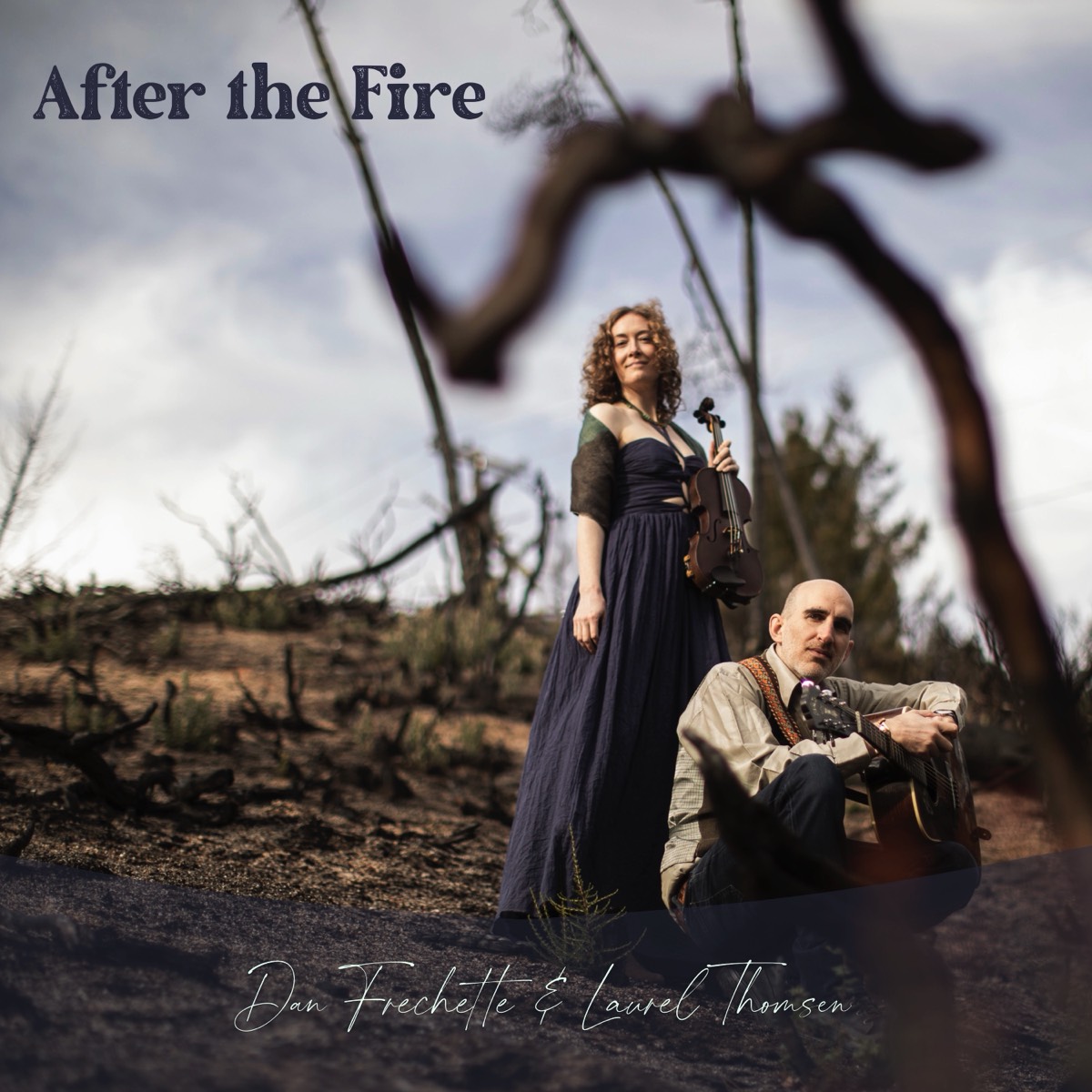The question posed was “How do I gain a local following as an unknown musician/band?”
Gaining a following takes time. A few more mailing list signups and social media likes and follows can be a good night. There aren't any quick tickets to fame, but we should be strategic. While playing for tips in the corner of a loud coffee shop may win over a few fans over the course of a night, playing one or two songs at an open mic or as an opening act where everyone is listening and cheering for you, can actually be a more rewarding choice and more quickly translate into a growing fan base.
Especially in the beginning, it’s important to explore different outlets for your music. We might have ideas about where our music will ultimately fit, dreams of playing a particular venue or festival some day, but it’s worth experimenting with many different opportunities. I’ve played many theaters, festivals, and music halls, but I’ve also performed in churches, hospitals, nursing homes, at house concerts and open mics, in coffee shops, for weddings, funerals, engagements, birthday parties, and for someone’s CD in the recording studio, for folk dances, corporate events, fundraisers, street fairs, farmer’s markets, and I’ve even busked on the street for tips. I’ve performed solo, in string ensembles and symphonies, in pit orchestras for theater productions and operas, in chamber ensembles backing a choir, in bands and with tribute acts, and with singer-songwriters. I don’t perform in all of these capacities now, but every type of venue and ensemble helped me make new friends and fans, hone my performance chops, and learn how to connect with audiences. Sometimes we take the spotlight in front of a listening audience, but other times we’re backing someone else or in a background music situation. Musicians who are flexible in their attitude and abilities have the best chance of making their living in music.
Fans follow artists of course, but it's important to recognize that fans also follow venues. Many venues have “regulars” who trust that particular venue to book acts they'll enjoy or at the very least, appreciate, for the style they present, the quality of the artist, the diversity of the material, etc.. People go for the complete experience they enjoy at a particular spot for whatever reason, and even if they might love the style of music we play, they may never check us out if we play a different venue down the street. It pays to research local venues, attend some shows, and find out where your potential fans hang out. Beyond anything else, we have to perform. That said, playing whenever, wherever, paid or unpaid, doesn't always help us gain traction and when too many of us are willing to play for "exposure," musicians become increasingly devalued.
And if we're serious about what we're doing, at some point we'll need to graduate ourselves from playing open mics, coffee shops, farmer's markets, etc. These outlets are wonderful opportunities when we’re first starting out, and can be quite enjoyable to play, but they aren't places where "professional" musicians typically play, like theaters, festivals, or even bars or restaurants. Even if we've mastered our craft and our show is polished, it's hard for the passerby to not see us as someone who's just starting out when we're playing these casual settings. People who aren’t really listening too carefully to what you’re doing may “judge a book by the cover” and not even take the time to actually listen and allow themselves to become your fan.
Case in point, my duo opened for a fairly famous band in a sold out theater a couple years ago. We sold dozens of CDs and had audience members fawning over us, asking for autographs and recommending other large theaters we should look into playing in the region. The concert was formal and we were met with professional level reception. Around the same time I sat in with a group at a local coffee shop. Afterwards, a few people came over to ask if I'd been playing for very long, if I played music for a living or if I had another job, to recommend such and such cafe down the street which hosts music nights too etc.. The atmosphere was very casual, so even professional, trained musicians were seen as hobbyists. The contrast in reactions was staggering and taught me a good lesson. We may reach the point where we’re able to deliver a very consistent show night to night, but in situations like these, the audience and/or venue can leave us feeling like we’re starting from square one all over again if we’re not careful. These inconsistencies make it hard to build a cohesive fan base.

